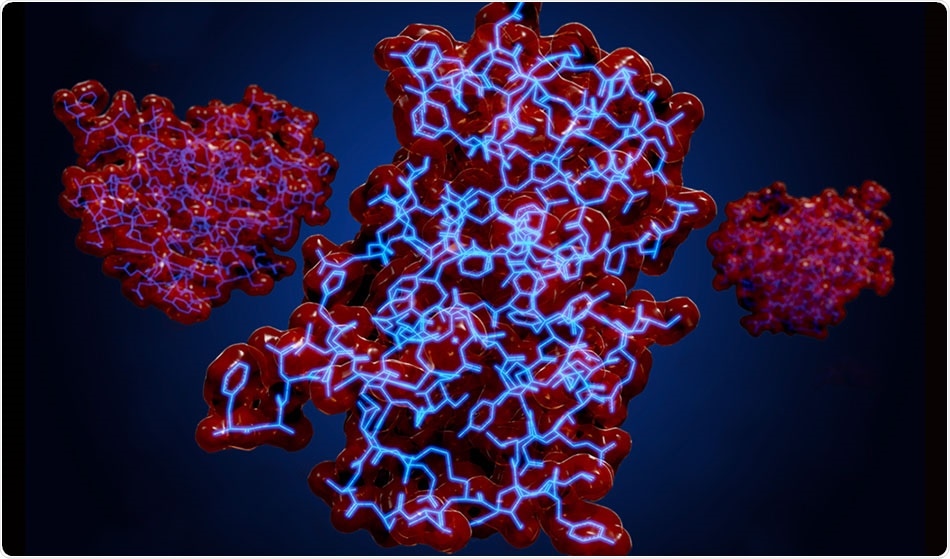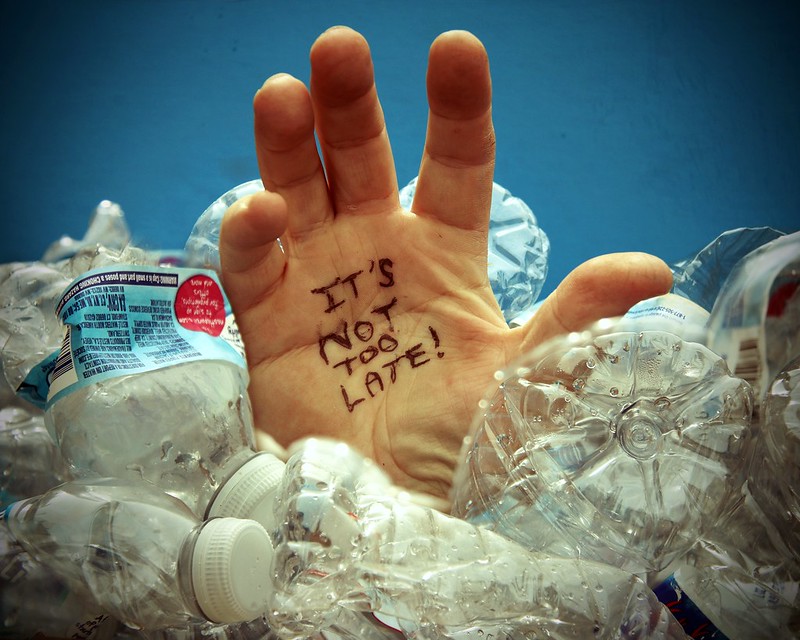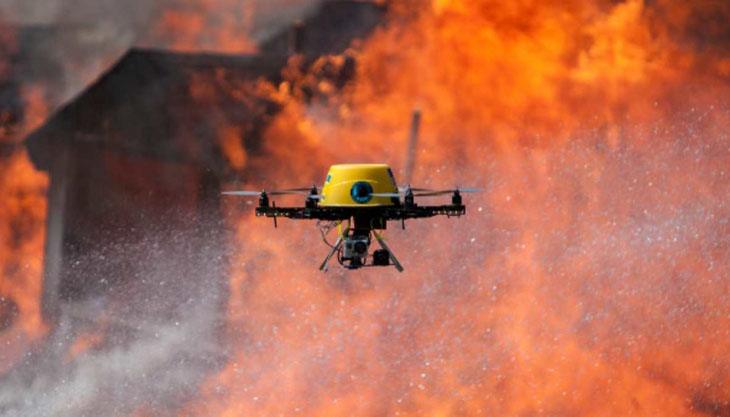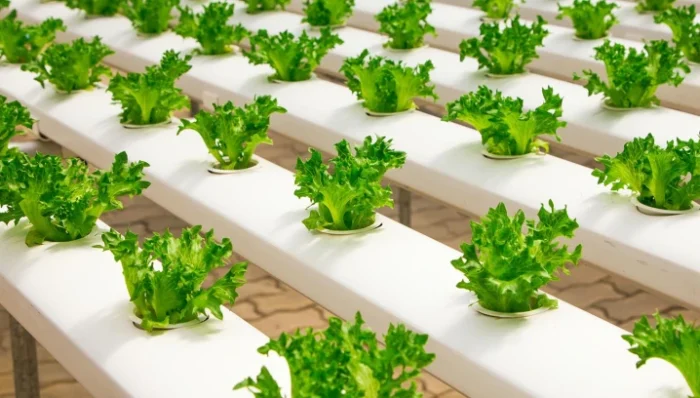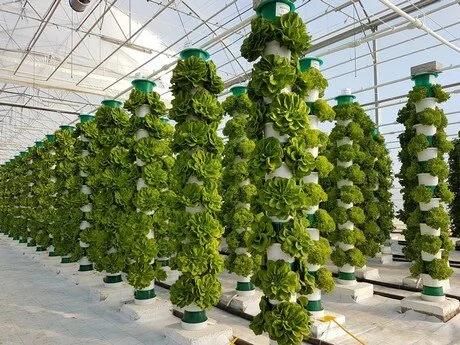Every year, Americans dispose of 33.6 million tons of plastic. More than 75 percent of this plastic ends up in landfills where the plastic will take up to 500 years to decompose, and potentially leak pollutants into the soil and water. To solve this problem, scientists decided to research a bacteria species that occurred in landfills and could break down man-made plastics naturally. While they were researching this bacteria, the scientists made some biological changes to it’s plastic eating enzyme hoping to see if it was similar to similar enzymes in other bacteria. Instead, it led to the enzyme being able to digest polyethylene terephthalate (PET), which occurs in plastic drink bottles. Now, the enzyme can break down plastic in a matter of days, a process which would take centuries under normal conditions. Plastic bottles that are currently recycled can only be turned into fibers for clothing and carpets. The mutant enzyme could be used to turn plastic back into its original components, for example: oil, which could mean no more oil needs to be dug up.
http://www.businessinsider.com/scientists-accidentally-discover-mutant-enzyme-that-decomposes-plastic-2018-4
This relates to engineering because multiple scientists were researching and improving and enzyme to find a solution to a problem which is a step in the Engineering Design Process. Furthermore, even though they accidentally found a solution, they had to persevere and try many different things to get to that stage. In the future, this enzyme could make a drastic change to the amount of plastic and prevent mining for natural resources.
https://www.engadget.com/2018/04/17/scientists-accidental-mutant-enzyme-eats-removes-plastic
